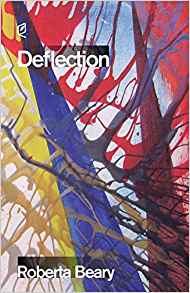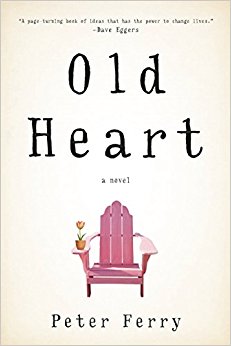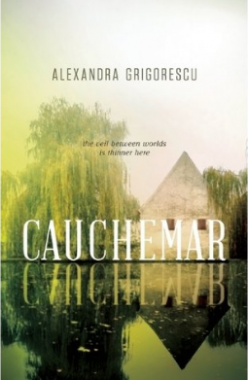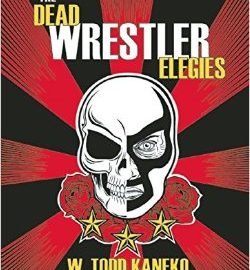I’m in the ring, holding Todd Kaneko’s The Dead Wrestler Elegies over my head, ready to pitch it over the top rope and into the breathless crowd. I never imagined I’d pick up a book heavy with poems of wrestlers, their ceremonies and the author’s own skillfully executed illustrations. But this is where contemporary poetry has taken us, beyond the steel cage, slowly down from the rafters in a singlet, slick with baby-oil, a full head of bleached blond hair.
Kaneko introduces us by giving the etymology and definitions of the word kayfabe. The first definition is, “the portrayal of actions and storylines associated with professional wrestling as being authentic competition and conflict and not scripted or staged.” We all know the world of professional wrestling is a fake. Even the boys from high school, who built make-shift wrestling rings in their backyards, and practiced on each other moves like the Stone Cold Stunner, the Rock Bottom, and the Tombstone Pile Driver knew it was fake. What Kaneko reminds us is that though this is entertainment, these characters are real people and the people watching at home on television are sharing this time together. The melodrama, the slam of bodies on canvas and the crowd exploding is foremost when watching, but Saturday night’s main event will be talked about by father and son long after the champ staggers out of the arena.
Kaneko shows us that we are all wrestlers, if not in the ring, then in life. In This is a Test, we grapple with love and failure.
This is a cowboy boot planted square
in a man’s forehead, a crack of teeth
across knuckles after his marriage ends.
This is a man alone in a fistfight
because every wedding in a wrestling ring
ends in calamity. Love is a gutwrench
suplex, a pumphandle slam to the floor.
This is how a man wrestles with failure.
We find the pain and blood is not just on TV. A family is crippled. Another family is murdered and the professional wrestling community and audience are in disbelief. Kaneko’s poetic haymakers purposefully shatter jaws and remind us that this is life, it hurts. In Crippler Ray Stevens Doesn’t Have to Say Anything, he holds nothing back.
Ask the snake why his mouth is full
of poison, the octopus full of flim-flam
and shade. Ask a flame about tongues
licking for oxygen, the pines standing
courageous against a forest fire.
Ask Ray Stevens about a man’s body,
about the poverty of ligaments, the posterity
of knuckles. He will send you ass over heels
across the floor, jam a thumb in your eye
before snapping your thigh bone.
Of the sixty-four wrestlers eulogized, twenty-eight died of a heart attack or heart failure. In a closing poem, Eddie Guerrero’s Last Frog Splash, the heart shouts out.
A man can’t help but wrestle
with how his heart cries Life!
Life! then wrangle a second chance
at death with a water moccasin
in his mouth.
This is Kaneko’s voice for all those hearts overwhelmed by a wrestler’s strength. Hearts wrestled to the end of their ten counts.
 Michael Salgado is a current student in Arcadia University’s MFA program and regularly attends and moderates the Montgomery County Community College’s Writing Critique Group. He is also a resident poet with the Lehigh Valley Vanguard this quarter. He is employed as a Senior Specialist with Eurofins Lancaster Labs. Michael’s work has been published in the Lehigh Valley Vanguard, Northern Cardinal Review, and the Wilderness House Literary Review. Michael currently resides in Lancaster, PA. Twitter- @Salgado1Michael
Michael Salgado is a current student in Arcadia University’s MFA program and regularly attends and moderates the Montgomery County Community College’s Writing Critique Group. He is also a resident poet with the Lehigh Valley Vanguard this quarter. He is employed as a Senior Specialist with Eurofins Lancaster Labs. Michael’s work has been published in the Lehigh Valley Vanguard, Northern Cardinal Review, and the Wilderness House Literary Review. Michael currently resides in Lancaster, PA. Twitter- @Salgado1Michael




